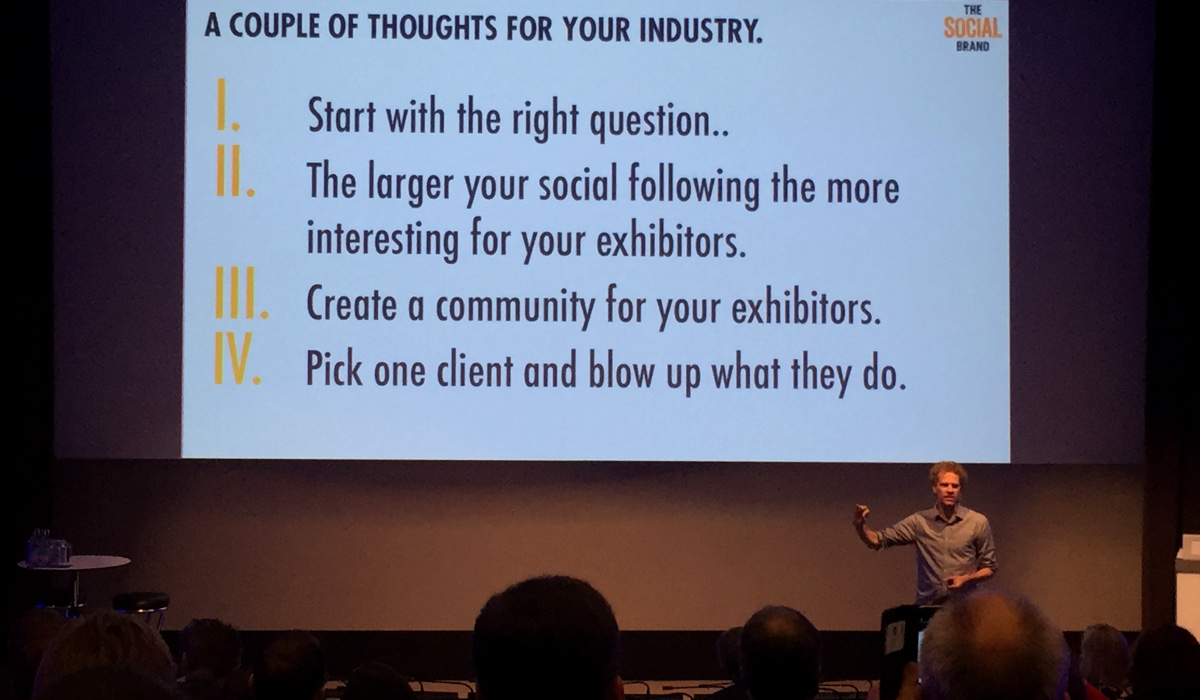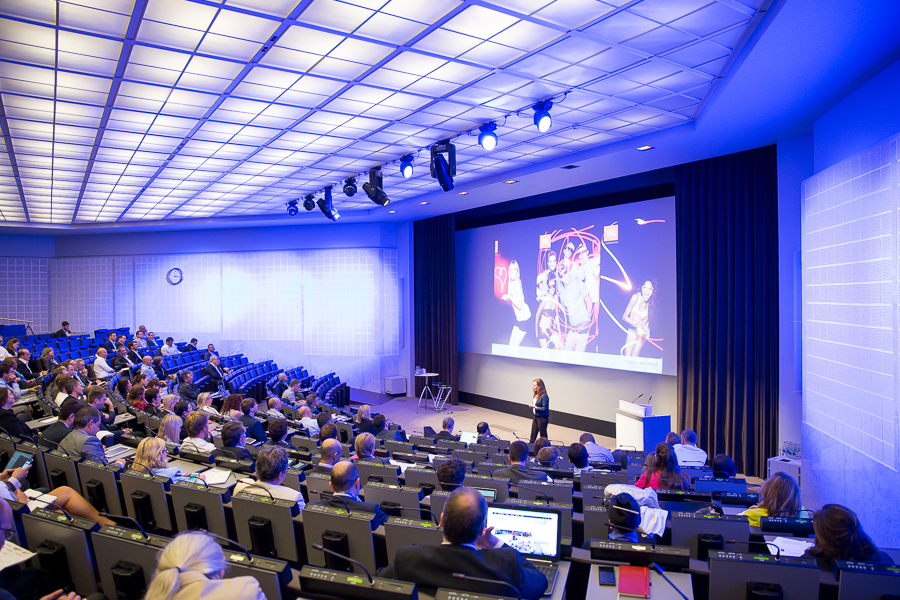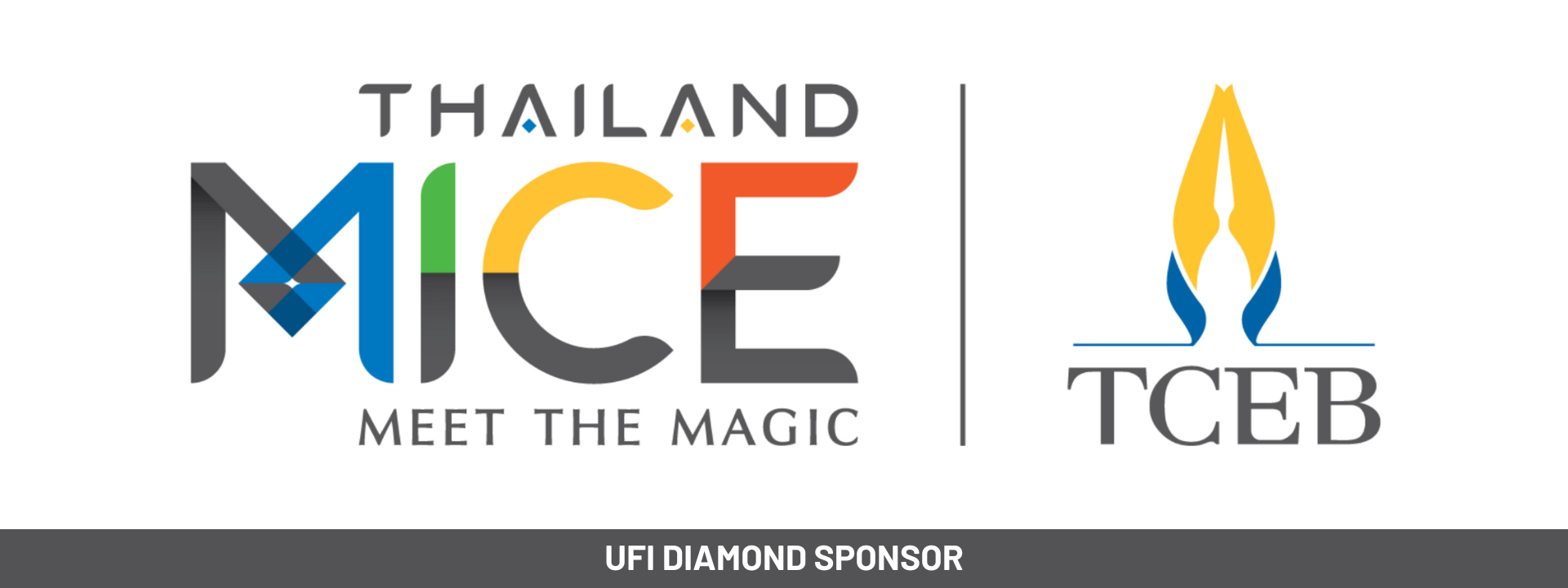
Blogger: Christoph Spangenberg, Corporate Communications, MCH Group
Every brand can become a love brand online. What companies have to do to achieve this and what the millennials expect of exhibitions was explained by marketing expert Huib van Bockel and behavioural scientist Tessa van Asselt at the UFI Open Seminar in Basel. The theme of this year’s meeting for the exhibition sector: The Challenge of Change.
How do companies reach potential customers in the Internet? How do they develop a loyal following online and in the social media? How do the millennials, who were born between 1980 and 1995, wish to be addressed and, much more importantly, what do they expect of exhibitions? The majority of companies are currently facing challenges such as these. At the UFI Open Seminar from 20 to 22 June 2016 in the Congress Center Basel, marketing and industry experts discussed not only digitisation and business transformation but also safety and security at events.

Picture: Huib van Bockel
When brands are loved online
“If you do something that people value, they will love you for it. Be a brand that gives value to something”, says marketing expert Huib van Bockel, formerly marketing director at Red Bull and founder of the Tenzing energy drink. This means: deliver helpful and emotional content that prompts people to look into the product. At exhibitions, this can be interesting content on exhibitors, their products and their mission, for instance. “Every business can have a high-level commitment online”, says van Bockel.
“It won’t work without a consistent message”
Nike is a good example. Instead of heavy-handedly advertising their products, this sports giant produces content that people consume voluntarily and that supports Nike’s mission: animating people to do more sport and go running more often. “It won’t work without a consistent message”, says van Bockel. What is also decisive is to reach people straightaway. “Online, companies have only one second to convince users, otherwise they will continue scrolling.”
Van Bockel criticises the provision of advertising for users on the basis of collected data. At some stage, the users will simply block these brands – either with a tool, such as an ad blocker, or mentally. Simply being present on social media is also not enough. “It is not about being on Social Media, it is about being social.”
Concluding thoughts from Huib van Bockel for the exhibition industry:

How exhibitions reach the millennials
They have the highest purchasing power of all the generations and are frequently the most important target group for marketers: the millennials. This includes everyone born between 1980 and 1995. Anyone wishing to reach them has to understand them.
The millennials are marked by conflicts and do not build up trust so readily, they are optimistic realists and have grown up in the knowledge that they can achieve anything they want to, explains Dutch behavioural researcher, Tessa van Asselt. Millennials are constantly online, engaging in discourse with others in their networks. 93 percent take their smartphones to bed with them. The millennials’ expectation of brands and products is that they should make the world a somewhat better place.

Picture: Tessa van Asselt
“Enhance the experiences”
But what does this mean for exhibitions and events? “Millennials want to actively participate and not just listen”, says van Asselt. They want to be given skills and knowledge, and share this with others. They are searching for experiences and adventures instead of for possessions and wish to be surprised as they search. Exhibitions are in a good starting position here: “Exhibitions are so important, because people buy experiences”, says van Asselt. Her tip: “Do stuff that enhances their experiences and involves them” – in as personalised a manner as possible.
What this can look like was explained by internet-of-things expert Bernd Heinrich, from the openBerlin Innovation Center Cisco. Cisco staged so-called hackathons at a company exhibition. Hackathons are collaborative software and hardware development events where people jointly develop useful, creative or entertaining products within the duration of the event. The idea proved to be a success: the hackathons increased visitor numbers many times over and, at the end of the exhibition, various prototypes had been finished, a number of which were then jointly further developed.
At the end of the second day of the seminar, the MCH Group’s big anniversary gala dinner was held:

Picture gallery of the event is available online.
Blog originally published on 6/23/2016 at: www.mch-group.com/en-US/news/blog.aspx







Leave A Comment